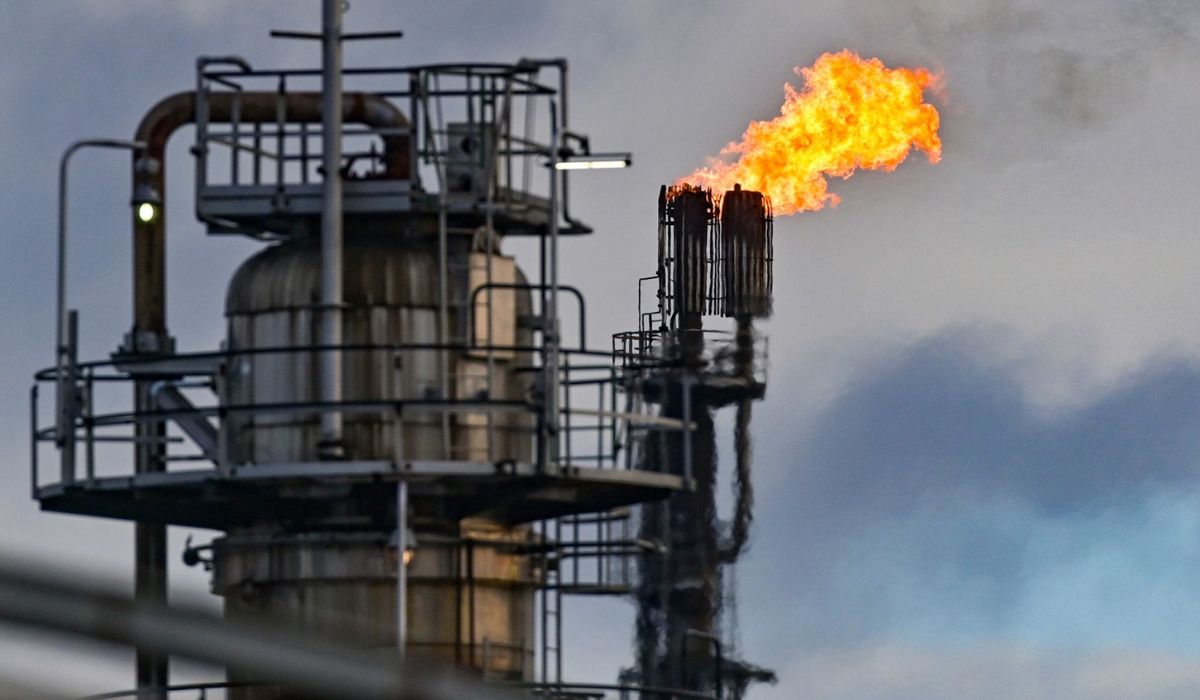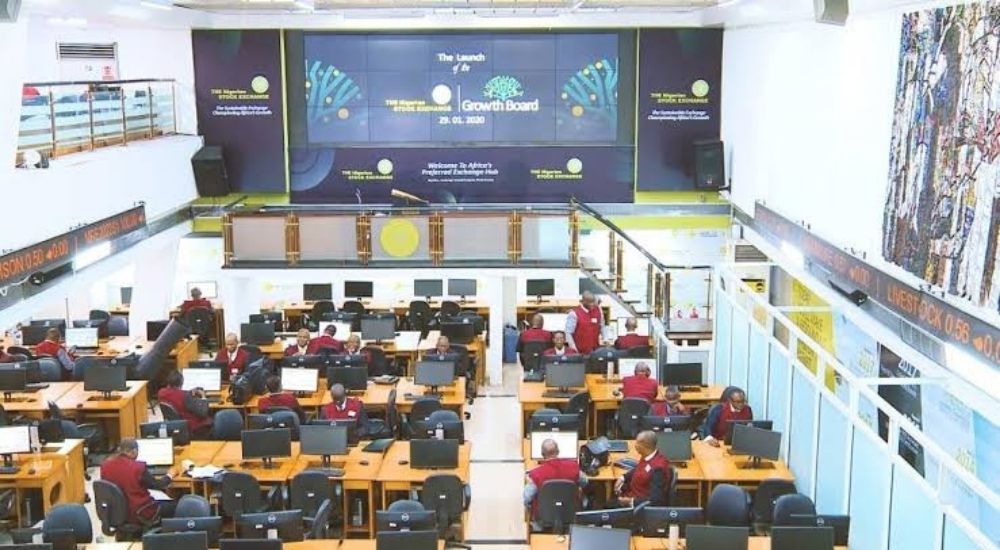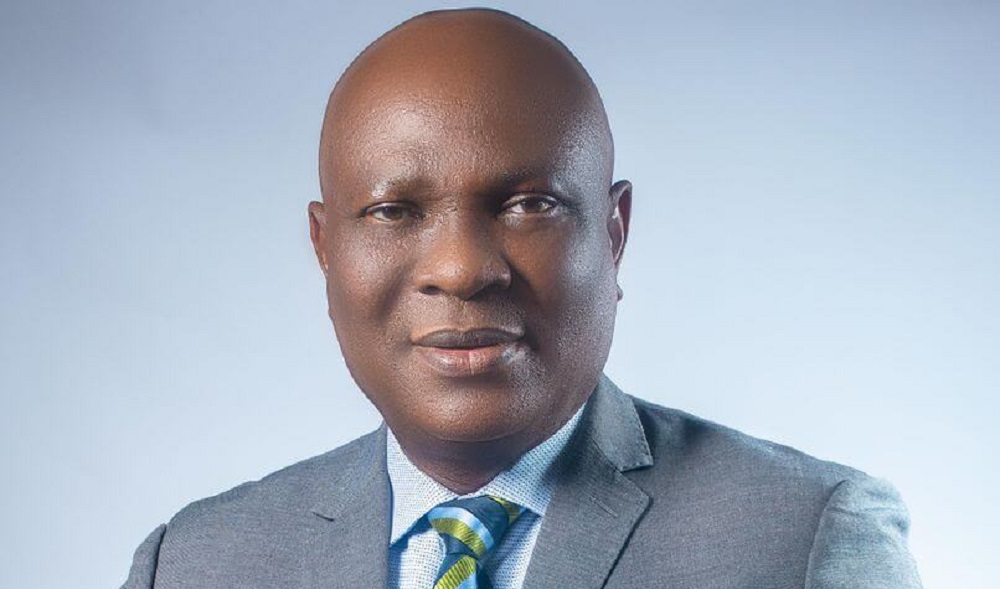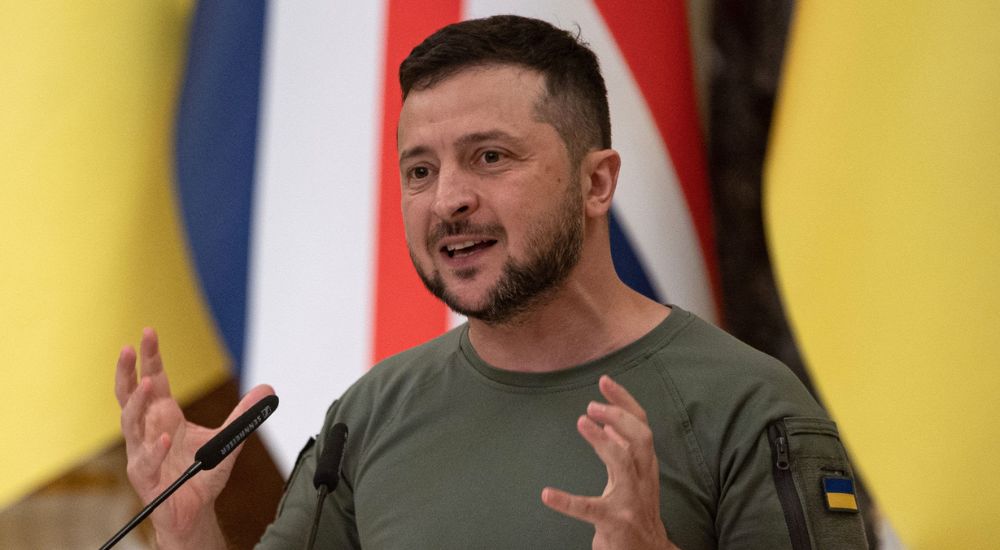Oil Prices Surge Amid Ukraine Strikes and Istanbul Diplomacy Talks

Global oil markets experienced upward momentum as geopolitical tensions intensified following Ukrainian military operations against Russian air installations, coinciding with anticipated diplomatic discussions in Istanbul.
Market dynamics reflected the ongoing tug-of-war between supply and demand forces, with OPEC+ production increases exerting downward pressure while escalating regional conflicts pushed prices higher.
Brent crude, the international pricing benchmark, climbed approximately 2.61%, rising to $64.24 per barrel from the previous close of $62.60. U.S. West Texas Intermediate also gained ground, increasing 2.88% to $62.02 per barrel from $60.28 in the earlier trading session.
Market sentiment shifted following an announcement by Ukraine’s Security Service on Sunday regarding successful strikes against Russian strategic aviation assets. The agency reported that 34% of Russia’s long-range bomber fleet had been neutralized through coordinated drone attacks on military installations.
The Ukrainian operation, designated “Spider Web,” reportedly inflicted substantial damage, valued at $7 billion, to Russia’s strategic air capabilities, according to official statements from Kyiv’s security apparatus.
As military actions intensified, diplomatic focus turned toward scheduled negotiations between the warring parties in Istanbul. Previous bilateral talks were held on May 16 at the Dolmabahçe Palace in the same city.
Monday’s diplomatic session was scheduled for 1 p.m. local time (1000 GMT) at Istanbul’s Çırağan Palace, marking another attempt to find common ground between the conflicting sides.
Market analysts cited the potential for additional U.S. sanctions as a key factor supporting higher prices, particularly if diplomatic efforts fail to yield progress. Recent media coverage suggested that President Trump was considering expanded punitive measures against Russia.
Counterbalancing these tensions, eight OPEC+ nations announced plans to boost collective output by 411,000 barrels per day starting in July. The participating countries—Saudi Arabia, Russia, Iraq, the UAE, Kuwait, Kazakhstan, Algeria, and Oman—aligned their decision with market expectations, helping to moderate concerns about supply shortages.
Trade-related uncertainties continue to influence market volatility, particularly following President Trump’s Friday statements regarding alleged Chinese violations of trade agreements. The President indicated plans to discuss these concerns directly with Chinese leader Xi Jinping.
These developments followed earlier accusations of Chinese non-compliance with preliminary trade terms established during May’s Geneva negotiations, potentially reigniting economic tensions between the superpowers. Concerns over reduced oil consumption due to trade disputes are limiting further price increases.
Separately, the Middle East remains volatile as Israeli military operations in Gaza continue following unsuccessful peace initiatives. Israeli forces have maintained intensive bombardment campaigns, resulting in at least 54 casualties, while enforcing strict territorial restrictions amid mounting humanitarian concerns.
Recent incidents included Israeli military action at aid distribution centers, which reportedly resulted in over 30 Palestinian deaths as residents sought essential supplies during the ongoing crisis.
Regional diplomatic tensions escalated after Saudi Arabia criticized Israeli policies, particularly regarding the blocked visits of Arab foreign ministers to the West Bank territories.
Speaking at a joint press conference in Amman alongside counterparts from Jordan, Egypt, and Bahrain, Saudi Foreign Minister Prince Faisal bin Farhan Al Saud characterized Israel’s actions as obstructionist.
“Israel’s refusal of the committee’s visit to the West Bank embodies and confirms its extremism and rejection of any serious attempts at a peaceful pathway… It strengthens our resolve to intensify our diplomatic efforts within the international community to confront this arrogance,” Prince Faisal said.





